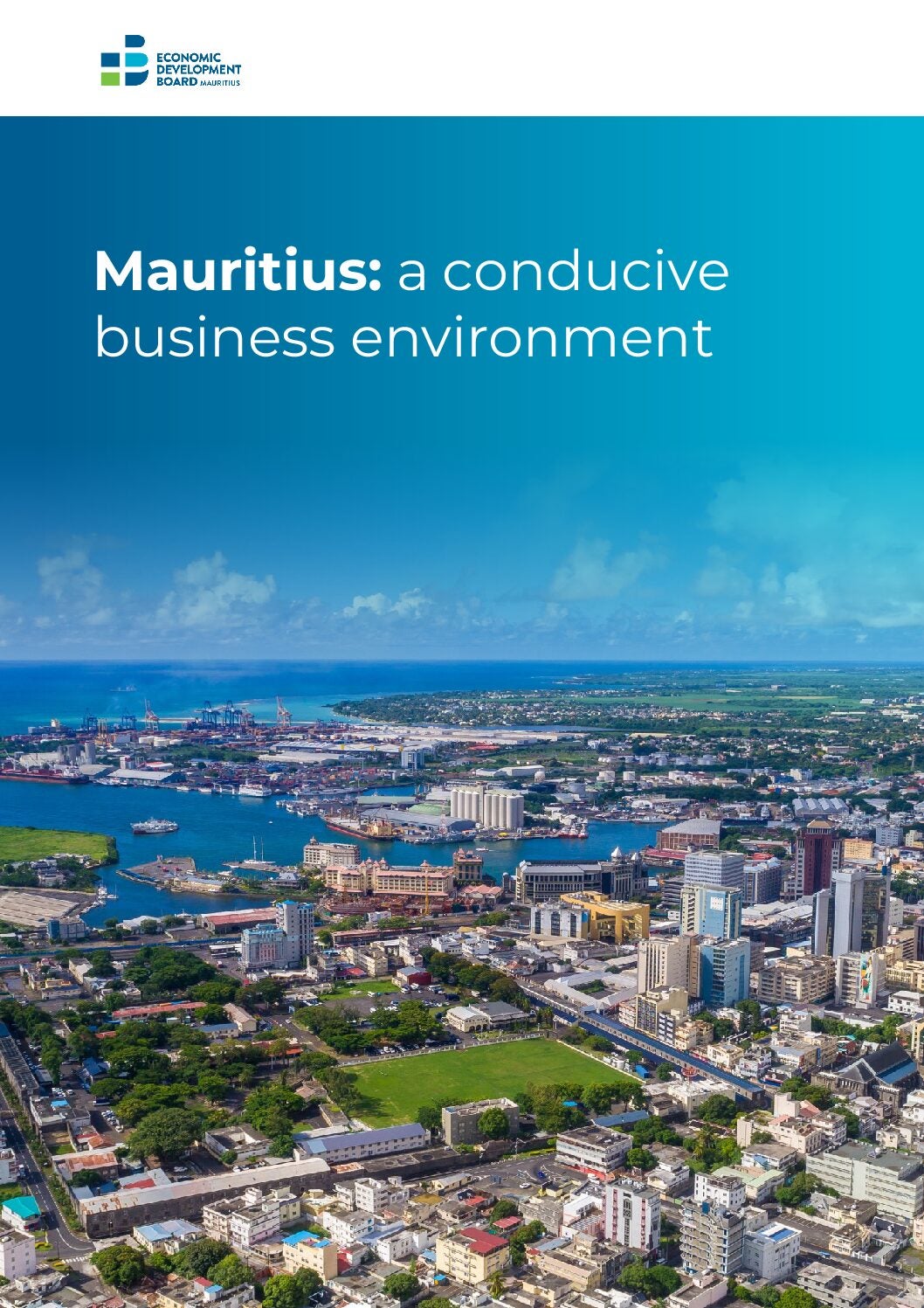For decades, Africa’s economic narrative was dominated by aid. While development assistance played a crucial role, it often entrenched a donor-recipient dynamic that limited the continent’s autonomy. Today, that paradigm is changing dramatically. In 2025, Africa is actively asserting itself as a destination for investment, innovation, and partnership — and Mauritius stands at the center of this transformation as a trusted financial bridge between global capital and African opportunity.
This shift is being driven by meaningful policy reforms, deeper trade integration, advancements in digital infrastructure, and a redefined geopolitical role. In January 2025, the United States formally unveiled a pivot from aid-led engagement to an investment-focused strategy in Africa. Ambassador Troy Fitrell, at the AmCham Business Summit in Abidjan, called it a “very intentional shift” toward commercial diplomacy and mutual economic growth. Within the first 100 days of the U.S. administration, over $6 billion in deals were signed across West Africa — spanning clean energy, digital transformation, and infrastructure.

Africa’s growing influence on the global stage is also evident in its admission as a permanent member of the G20 in 2023 and the inclusion of Egypt and Ethiopia in the expanded BRICS bloc. Meanwhile, the African Continental Free Trade Area (AfCFTA), launched in 2021, is reshaping intra-African commerce by creating a single market of 54 countries with a combined GDP exceeding $3.4 trillion.
AfCFTA’s early wins include reduced customs clearance times by up to 18% on pilot corridors and the rollout of the Pan-African Payment and Settlement System (PAPSS), which facilitates cross-border payments in local currencies. These milestones are making Africa more attractive to investors by lowering trade friction and unlocking regional value chains.
The continent’s digital economy is another engine of growth. By 2025, over 615 million Africans are mobile subscribers, and the internet economy is expected to contribute $180 billion to GDP. Investments are surging into data centers, fintech, e-commerce, and cloud services, while startups across Lagos, Nairobi, and Kigali are delivering innovative solutions in health, education, and finance — further driving inclusion and prosperity.
Amid this reawakening, Mauritius is evolving from a tax-efficient jurisdiction into a strategic financial partner for Africa. With its hybrid legal system, political stability, and strong regulatory framework, Mauritius provides an ideal platform for structuring African investments. It offers over 20 investment protection treaties with African nations, regulatory sandboxes for fintech innovation, and special purpose vehicles (SPVs) for trade and infrastructure projects.
Case studies highlight how firms leverage Mauritius to structure funding vehicles, manage cross-border compliance, and tap into African capital markets — while benefiting from investor protections and operational efficiencies.
Africa’s shift from aid to investment is more than a policy change — it’s a redefinition of the continent’s role in the world economy. For global investors and African entrepreneurs alike, Mauritius stands ready as a trusted gateway to this vibrant, resilient, and opportunity-rich region. As Africa builds its future, Aurevya Wealth is here to guide clients in navigating this dynamic investment landscape.
2 Comments
Linda Okoro
The emphasis on investment rather than aid is refreshing and long overdue. Mauritius’ role as a gateway makes perfect sense given its stability and expertise.
ReplyJean-Paul Durand
Excellent analysis! The integration of AfCFTA and Mauritius’ legal support is a compelling combination for investors exploring African markets.
ReplyLeave a Comment